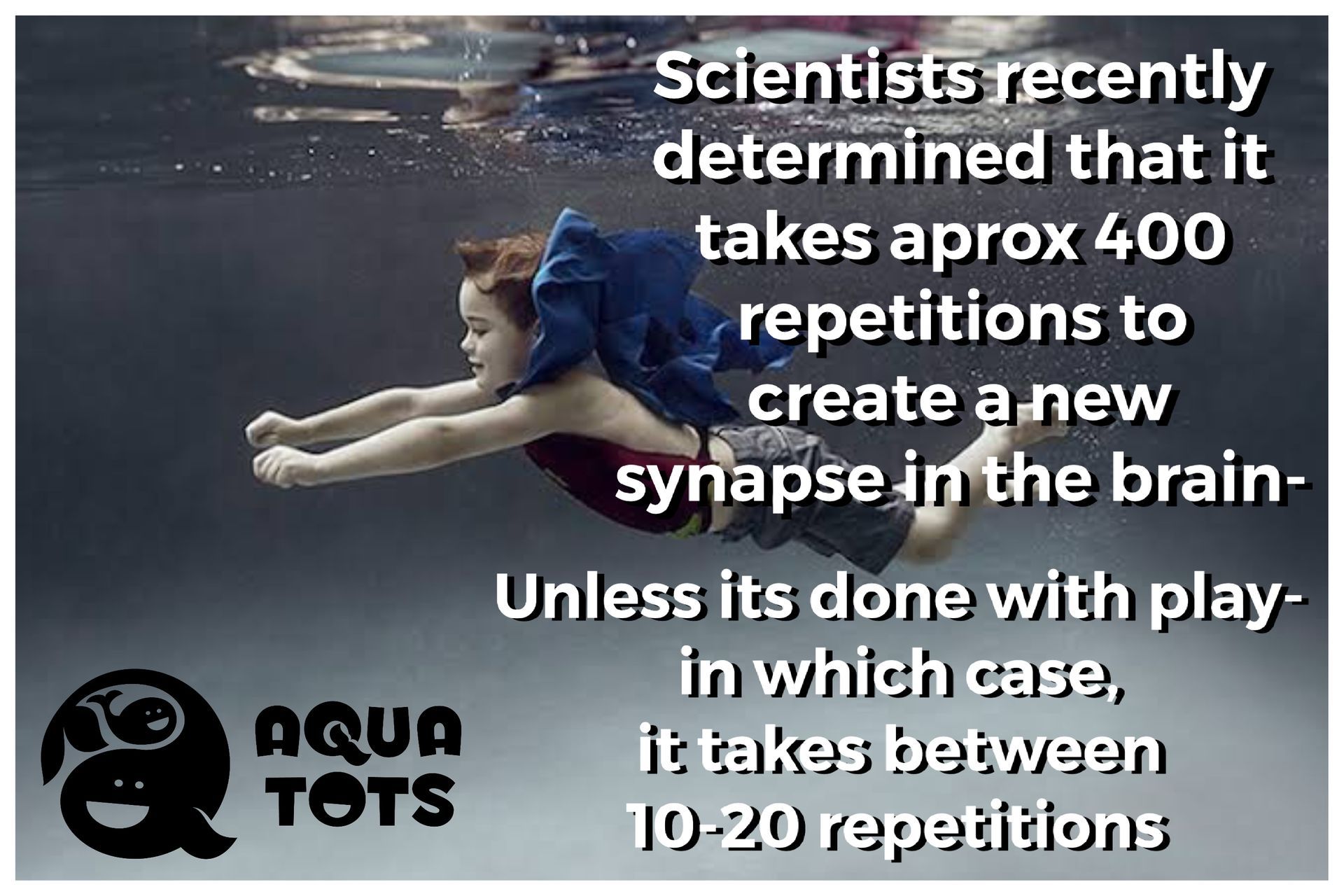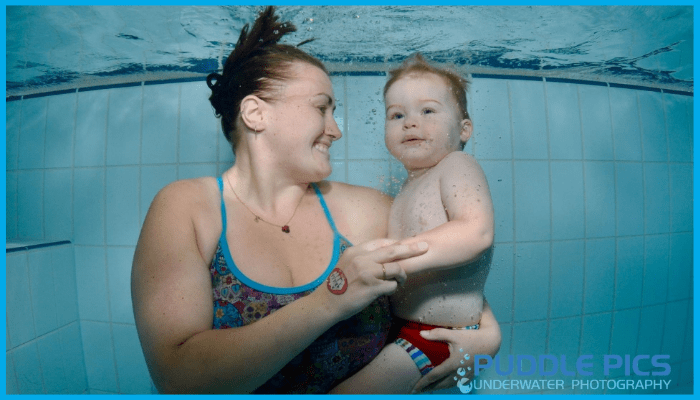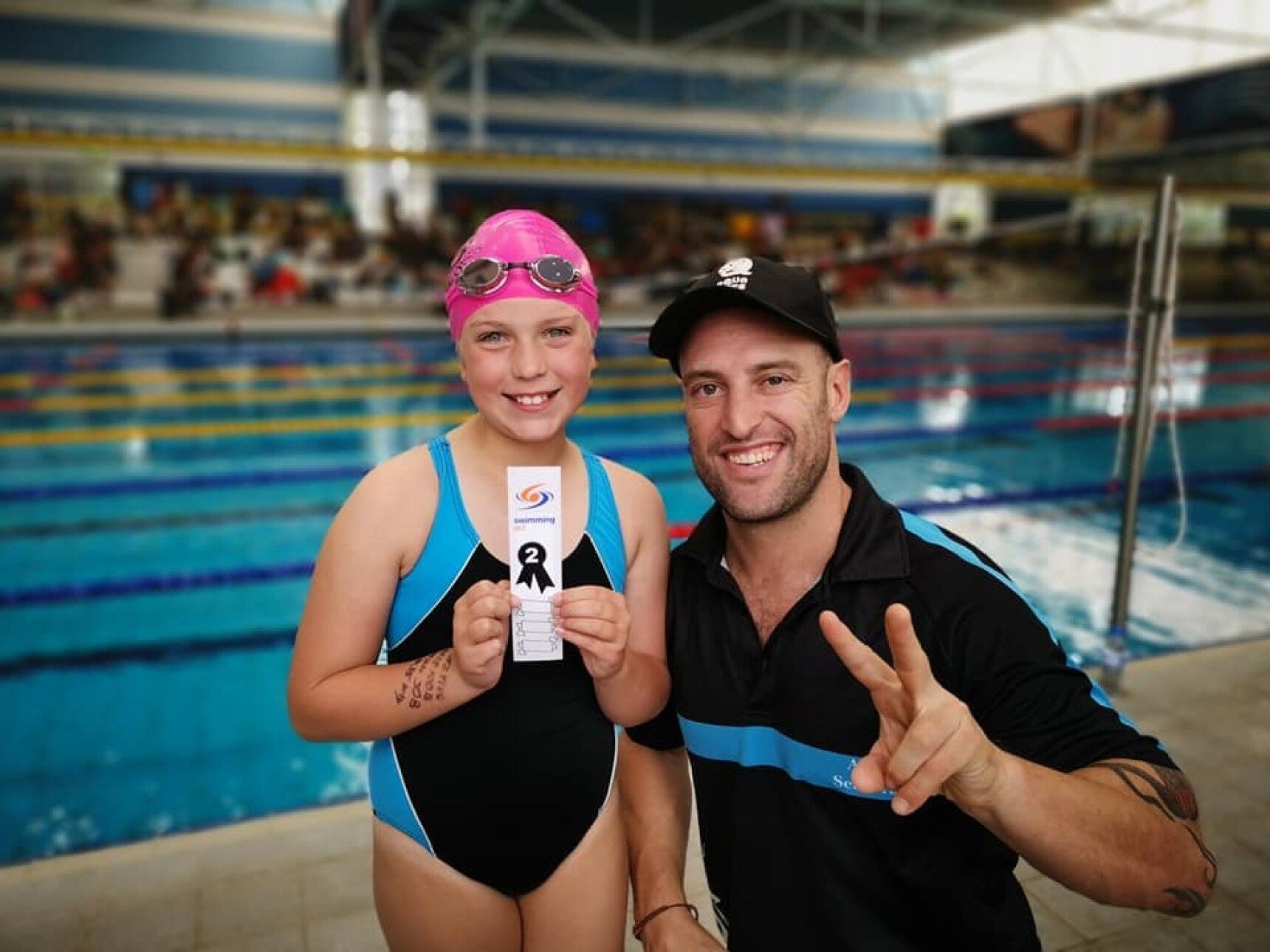Learning Through Play
Play, a quicker path to retention

Play is a crucial element in the learning process, especially for children. It serves as a natural and enjoyable avenue for acquiring essential skills and knowledge. Through play, children develop cognitive, social, and emotional abilities, fostering creativity and problem-solving skills. Playful activities stimulate curiosity, encouraging exploration and a deeper understanding of the world around them.
Furthermore, play facilitates the development of critical life skills such as teamwork, communication, and adaptability. It enhances brain development by promoting neural connections and enhancing memory. Play-based learning creates a positive attitude towards education, making it more engaging and meaningful. This approach transcends age and applies to adults as well, promoting a dynamic and enjoyable way of acquiring new skills. In essence, incorporating play into learning experiences not only makes education more enjoyable but also paves the way for holistic development and lifelong learning.
To retain the information your child's instructor is trying to give to your child their brain needs to be in a state that is ready to receive. We can ensure the brain is ready by creating a fun and happy environment to learn.
If your child looks like they are having fun in class great! they are working hard at receiving and retaining the required input.








